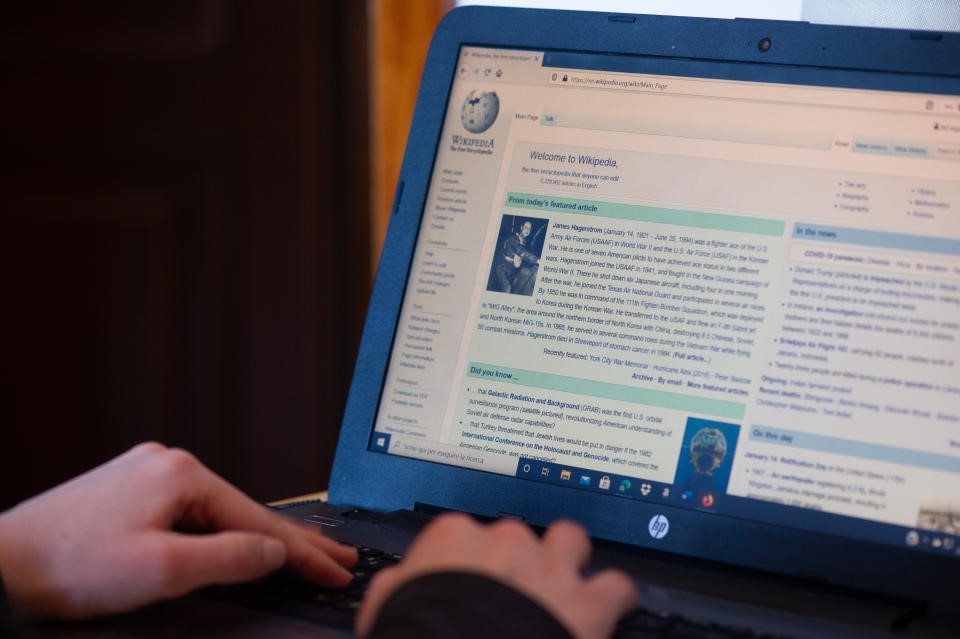Study shows AI program could verify Wikipedia citations, improving reliability
Can AI tidy up the internet’s digital encyclopedia curated by writers from around the world?

You can’t trust everything on a Wikipedia page, which is why it’s important that you refer to the original sources cited in the footnotes. But sometimes, even the primary sources can lead you astray. Researchers have developed an AI focused on improving the reliability of Wikipedia references by training the algorithms to identify citations on the website that are questionable.
The program, called SIDE, does two things: check if a primary source is accurate and suggest new ones. However, the AI operates under the assumption that a Wikipedia claim is true. This means that, while it can check for the validity of a source, it can’t actually verify claims made in an entry.
In a study, people preferred the AI’s suggested citations to the original 70 percent of the time. The researchers found that in nearly 50 percent of the cases, SIDE presented a source that was already being used by Wikipedia as the top reference. And 21 percent of the time, SIDE was one step ahead when it churned out a recommendation that was already deemed appropriate by human annotators in the study.
While the AI appears to demonstrate it can effectively help an editor verify Wikipedia claims, the researchers admit that alternative programs could outperform their current design in both quality and speed. SIDE is limited in its capabilities — namely, the program only considers references corresponding to web pages. In reality, Wikipedia cites books, scientific articles and info presented through other media beyond text like images and video. But beyond its technical limits, the whole premise of Wikipedia is that any writer anywhere could assign a reference to a topic. The researchers suggest that the use of Wikipedia itself could be limiting to the study. They allude that individuals who plug citations into the website could permeate bias depending on the nature of the topics in question.
(14)
